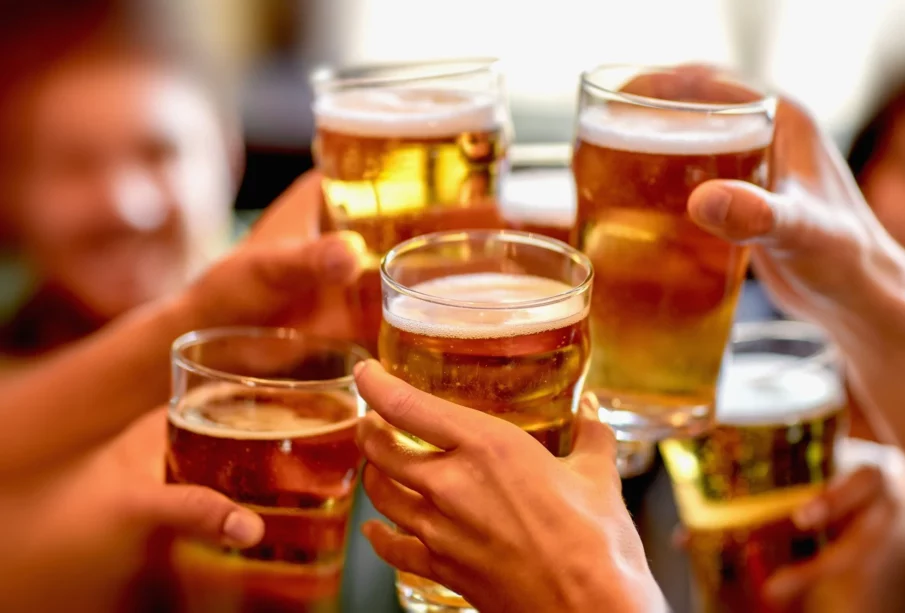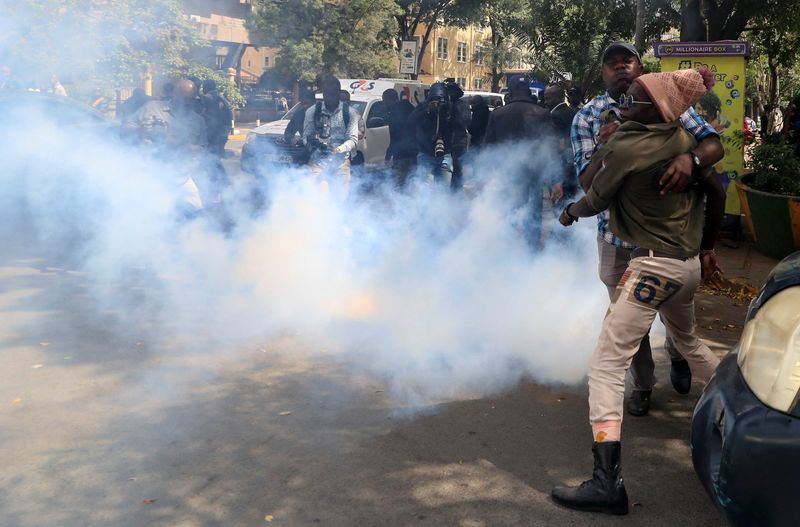
The issue of alcohol consumption in Rwanda has increasingly become a matter of concern for health professionals across the globe. This comes in the wake of recent data showing a concerning increase in the number of people partaking in the consumption of alcohol in this African nation. This crucial issue, deserving the spotlight, emerged from a comprehensive survey carried out by the Rwanda Biomedical Centre (RBC).
The RBC survey carried out in 2022, divulged a substantial uptick in alcohol consumption in Rwanda, moving up from 41 percent in 2013 to a worrying 48 percent in 2022. This spike underscores a need for enhanced policies and efforts directed towards curbing the proliferation of alcohol use in Rwanda, thereby urging us to critically scrutinize the factors contributing to this escalating public health concern.
The survey was meticulously designed to gather valuable data on the different risk factors for non-communicable diseases (NCDs), widely known to be significantly impacted by lifestyle choices such as alcohol consumption. In an ambitious effort to ensure a comprehensive representation of the populace, the survey conducted face-to-face interviews and carried out physical and biochemical assessments on 5,676 individuals. These participants, aged between 18 and 69, hailed from all four provinces of Rwanda, painting a broad and representative picture of the situation at hand.
The Minister of Health in Rwanda, Dr. Sabin Nsanzimana, took to his Twitter account to share some of the alarming results from the survey. Dr. Nsanzimana underscored the need to promptly reverse the trend of alcohol consumption in Rwanda, emphasizing the critical link between excessive alcohol consumption and NCDs, including various types of cancer.
In his post, Dr. Nsanzimana fervently advocated for alcohol moderation, stating, “We must reverse this trend. Avoid alcohol or drink in moderation to live longer, healthier lives, and stay safe. Alcohol is not only more harmful to young people but is also illegal for anyone under 18.” His words ring with an urgency reflective of the gravity of this growing public health crisis.
The survey offered a glimmer of hope amidst the grim picture, revealing a decrease in heavy episodic drinking from 23.5 percent in 2013 to 15.2 percent in 2022. Heavy episodic drinking, as defined by the World Health Organization (WHO), refers to the consumption of 60 grams or more of pure alcohol, roughly equivalent to six standard alcoholic drinks, on at least one occasion in the past 30 days.
This encouraging decrease was acknowledged by Dr. Francois Uwinkindi, the head of the NCDs Division at RBC. However, he stressed the need for further reduction as part of Rwanda’s ongoing battle against NCDs. To this end, he suggested the introduction of new regulations on alcohol consumption and intensifying public awareness campaigns.
A recent publication by the WHO fortified this call for awareness and regulation. It highlighted that “when it comes to alcohol consumption, there is no safe amount that does not affect health.” The report presented an undeniable link between alcohol consumption and various types of cancer, including commonly occurring forms like bowel cancer and female breast cancer.
Echoing this sentiment, Albert Tuyishime, a renowned medical doctor and epidemiologist, championed for more public awareness campaigns to empower individuals to make informed choices. He stated, “While teaching someone to quit smoking or heavy drinking is important, ultimately, the decision lies with the individual.” In addition, Tuyishime underscored the need for further research to comprehend why some regions had higher rates of heavy drinking, which could then pave the way for more targeted interventions.
Provincial data from the survey showed that the Western province had the highest rate of heavy alcohol consumption at 19.1 percent, followed by the Northern province (15.8 percent), the Southern province (15.1 percent), the Eastern province (13.8 percent), Kigali, recording the lowest rate at 10.5 percent.
The mounting trends of alcohol consumption in Rwanda and their consequent health implications pose a serious challenge that calls for immediate attention, policy changes, and effective interventions. The collective voice of health professionals is loud and clear: the current rate of alcohol consumption in Rwanda must be curbed to safeguard public health.












